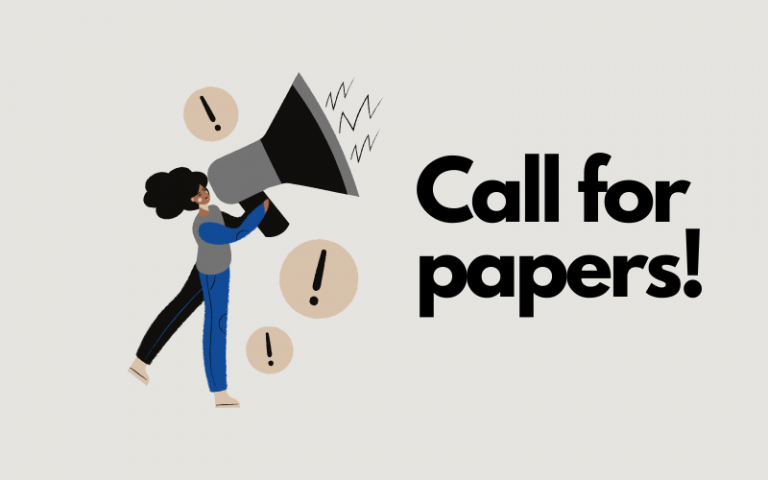Call for Papers: Languages and Cultures in Times of War: (Im)possible, (Re)imagined, (Un)manageable
6 September 2023

This conference is co-organised by the UCL School of Slavonic and East European Studies (SSEES) together with the Institute of Slavic Studies at Justus Liebig University of Giessen, Germany, the Research Center for Sociology of Language, Uzhhorod National University, Ukraine, the Department of Philology, Ukrainian Catholic University, Lviv, Ukraine and supported by the UCL Global Engagement Funds, PROLang Research Centre and Ukrainian Institute London.
While languages and cultures and their roles in society have been objects of study for centuries, the attempts to understand and analyse the impact of wars on culture, communication and the status and corpus of languages are quite recent. Our conference will examine the impact of military conflicts, aggressive actions, and wars on all aspects of languages and cultures in various countries. The current war Russia has unleashed in Ukraine as well as other military conflicts around the world have had an enormous effect on the development of music, arts, languages, and other areas of culture. The interdisciplinary conference will explore what happens to cultures, communication, and languages in times of wars, whether/how they change and adopt new approaches, or how they are instrumentalised by actors during wartime.
In this conference, we invite participants to explore various aspects of languages and cultures in times of wars. We particularly encourage submissions from scholars working on Slavonic and East European cultures, communication, and languages, but we warmly welcome papers exploring other languages and cultures around the world. We are very pleased to let you know that colleagues from the BBC World Service will be involved in the conference.
Contributions might address, but are not limited to, the following topics:
- Culture and language change due to wars or military conflicts: how wars impact the development of cultures or languages.
- Wartime communication and the development of new narratives.
- Cultural propaganda.
- The role of languages and cultures in conflict situations: some lessons from history.
- Language and culture policy and planning in the time of war: whether the process is manageable.
- Cultural genocide or culturicide and linguicide.
- The preservation of art and culture heritage in times of war.
- Translation and interpreting in wartime.
- The role of interpreters, translators, and linguists in conflicts.
- The development of cultures and languages in post-war environment.
KEYNOTE SPEAKER:
Prof. Dr. Monika Wingender (Institute for Slavic Studies, Justus Liebig University of Giessen, Germany)
DATE: 2-3 May 2024
LOCATION: UCL Bloomsbury, London and online
ORGANISERS:
Prof. Dr. Alex Krouglov (School of Slavonic and East European Studies, UCL, UK)
Dr. Nadiya Kiss (Institute for Slavic Studies, Justus Liebig University of Giessen, Germany)
Deadline for submission of abstracts: 1 December 2023
Submissions
All submissions in English should be sent by email to a.krouglov@ucl.ac.uk and nadiya.kiss@slavistik.uni-giessen.de.
We welcome proposals for individual papers as well as for 3- or 4-person panels. For individual papers, please submit an abstract of max 250 words and a short bio of 100 words. For panel proposals, please submit a short rationale for the panel (approx. 200 words) as well as abstracts for each individual paper (max 250 words abstract per each paper) and short bios of all speakers (100 words each).
We will aim to send notifications of acceptance by 10th January 2024.
Mode of attendance: we hope that the majority of speakers and participants will be able to attend in person. We are planning to welcome around 30 speakers in this conference. An online option may be available depending on the number of requests and availability of slots in the programme.
There will be no registration fee for this conference, however we will expect that participants will cover their travel and accommodation expenses.
Publication: we will assess the possibility of a publication after the conference.
 Close
Close

